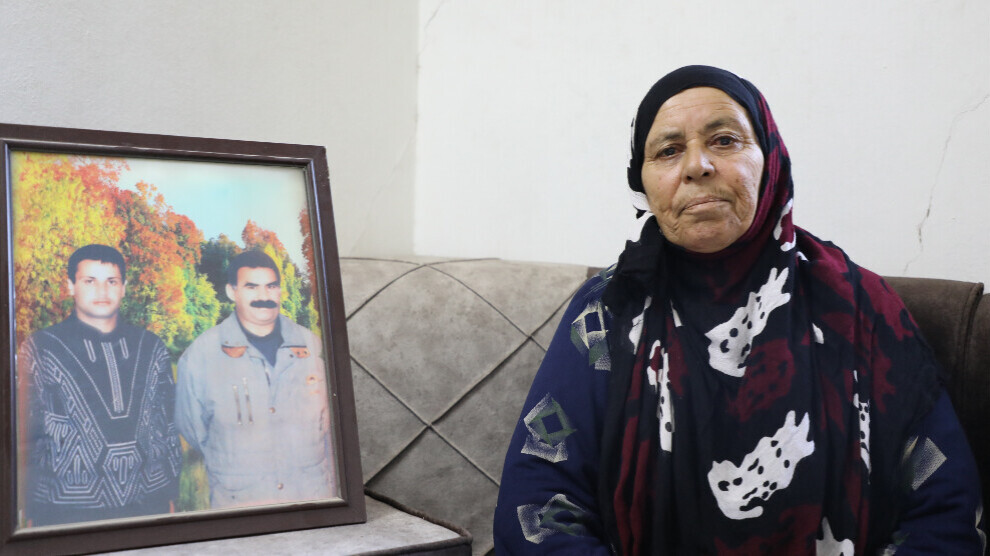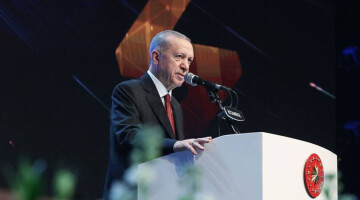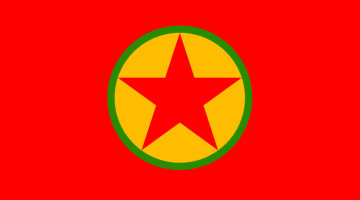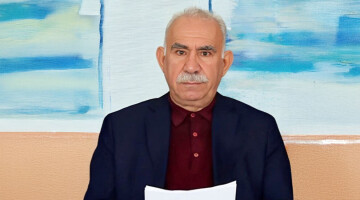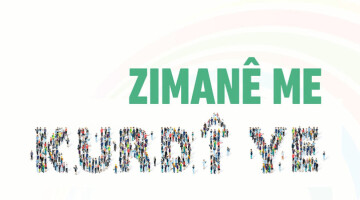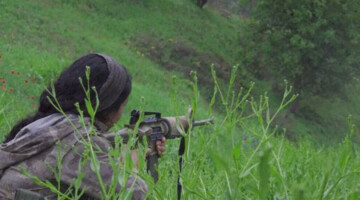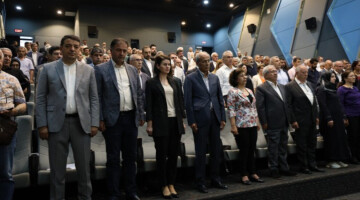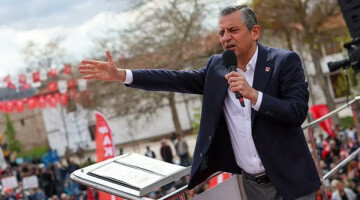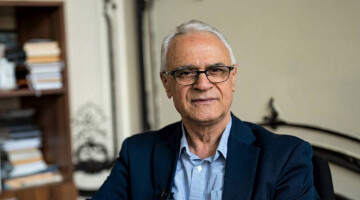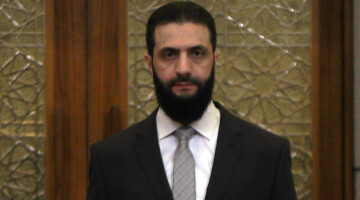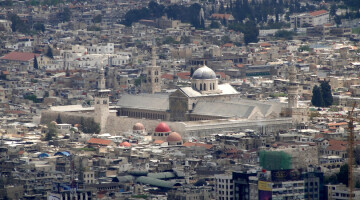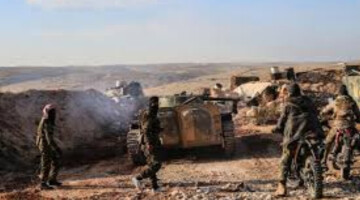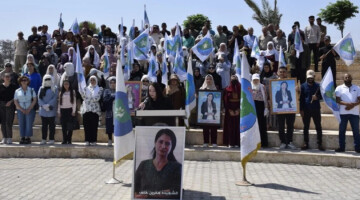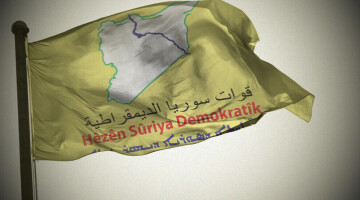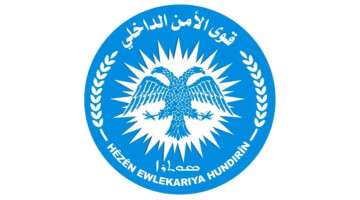The Kurdish people’s leader, Abdullah Öcalan, stayed in Syria for almost 20 years and had a profound influence on the people of Rojava. The PKK organized society and, in particular, strengthened women's self-confidence. Sultan Ibrahim if one of these women. She talked to ANF about her life.
The now 75-year-old from Qamishlo got to know about the Kurdish struggle for freedom in 1990. Two of her sons joined the guerrillas. Her son Barzan Ibrahim (Memo Ibrahim) had joined in 1992 and was killed in Botan in 1995. Her other son is still fighting today. Sultan Ibrahim spoke about how she met Abdullah Öcalan in Lebanon and Damascus and about his influence on developments in Rojava.
‘His lifestyle touched me deeply’
Ibrahim described how she first got to know the PKK. "Back then, - she said - I didn't know these people as an apoist movement or PKK. In the early days they were known only as 'students'. I met the Apoists when the friends [a term used for members of the freedom movement] came to our house. The first friend who came to stay with us was Heval Saliha. At that time, we were afraid that if the Baathist regime found out about it, it would put our lives in danger. At first I rejected what Heval Saliha said because I was afraid. The friends also had a house in our neighbourhood. They were very poor. They had no sugar for their tea and no food. My husband knew them. He secretly brought them tea, sugar, salt and food. They were very honest and respectful people with pure hearts. Heval Saliha's visit to our house and the struggle of these young people who had left their homes and lived hungry and thirsty touched me deeply. We knew neither Rêber Apo [Abdullah Öcalan] nor the PKK. Later we realized that they were Rêber Apo fighters. We hadn’t reached such awareness back then, we had just seen the lifestyle of the students and were impressed."
Working among people
After a while, Ibrahim joined the works of the freedom movement: "I participated in organizing the works in the neighbourhoods of Hilko and Korniş in Qamishlo. We went from house to house and mingled with people. We kept going to the families who didn't open their doors, introducing ourselves and getting them to accept us. We didn't give up so easily. We went to each family and told them about the struggle. We held meetings and collected material support to carry out activities."
Ibrahim also had the opportunity to meet Abdullah Öcalan several times in Lebanon and Damascus. She said: "He talked for a long time. He described the reality of the people and the enemy. He spoke and looked us in the eyes. He said that the Kurdish people cannot survive without fighting, not even for a second. He tried to make it clear to us that the enemy's attacks would not stop, that there would be great sacrifices, and kept asking us if we were ready. He had a way about him that made us ready to fight.
He gave powerful speeches expressing love for the country and emphasizing the importance of a free country. He also made many statements about the importance of women. He linked the organization of the people, the consciousness and its rebellious potential with the level of organization and activity of women. He said that not a single person should remain idle and that everyone must do what they can. Rêber Apo woke the people from a deep sleep and showed us the truth about our enemy. He awakened the people from their sleep of death. After meeting him, I took part in the work with greater enthusiasm. I promised that things would never be the same again. My house had become the home of the Hevals, it had turned into a real camp."
‘Our anger against the enemy grew’
Ibrahim continued: "We were a marginalized people, a marginalized community. With the presence of Rêber Apo, we began to ask ourselves why and for whom we live. We knew how to live, we understood what struggle meant, we knew how to obtain our rights. With our awareness created, we were no longer afraid of the Baathist regime. The attacks, torture and arrests did not intimidate us. We knew that if we wanted to protect our people and our country, we had to face the enemy's attacks.
He awakened the consciousness of a people and did incredible things as a leader. For this reason, his departure from Syria inevitably had an impact on the people, but the work did not stop. On the contrary, our anger towards the enemy increased. This led to the development of struggle and resistance. We owe the fact that we are still standing today, that we are still alive, that we were not exterminated, to Rêber Apo."

